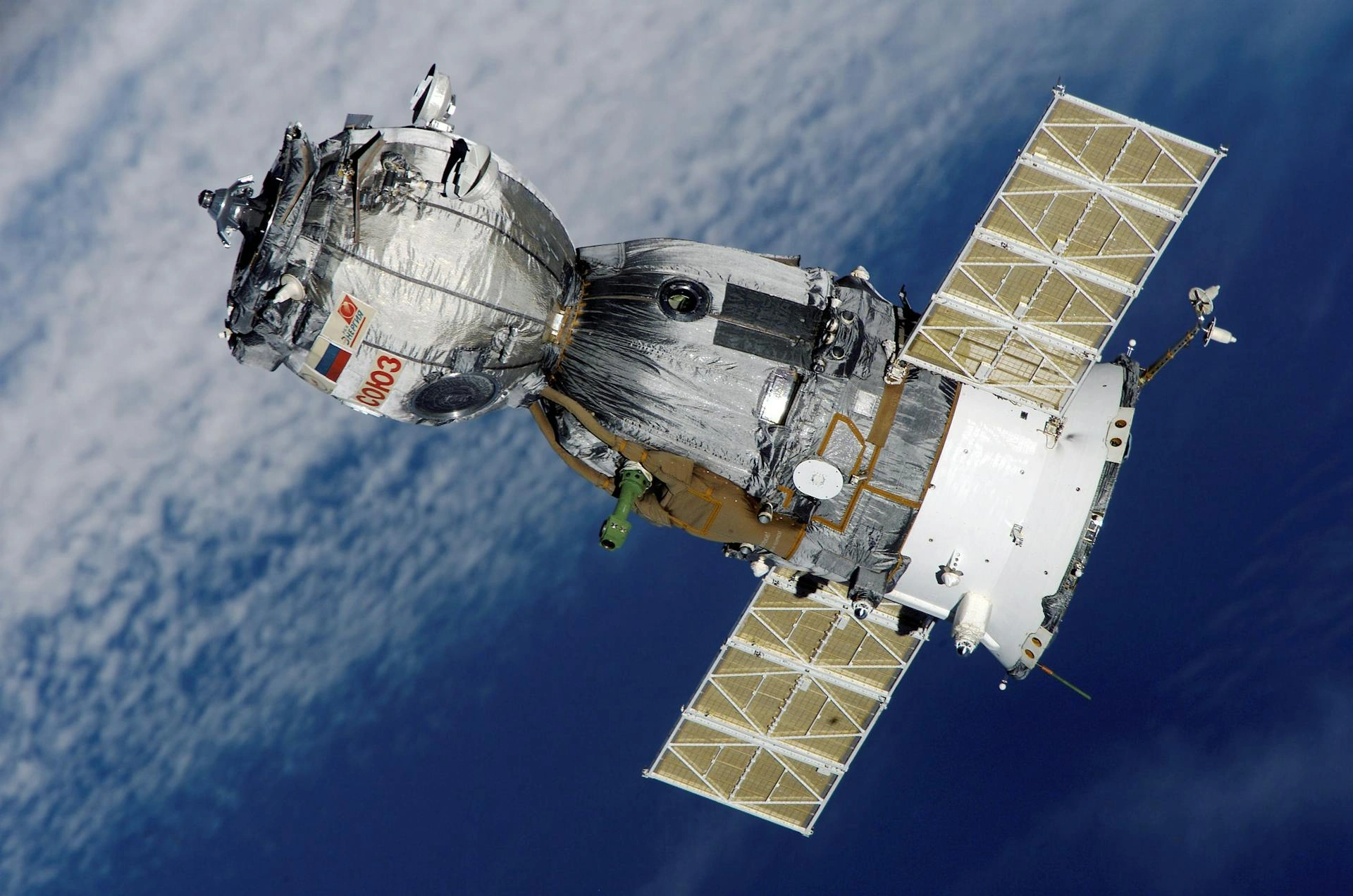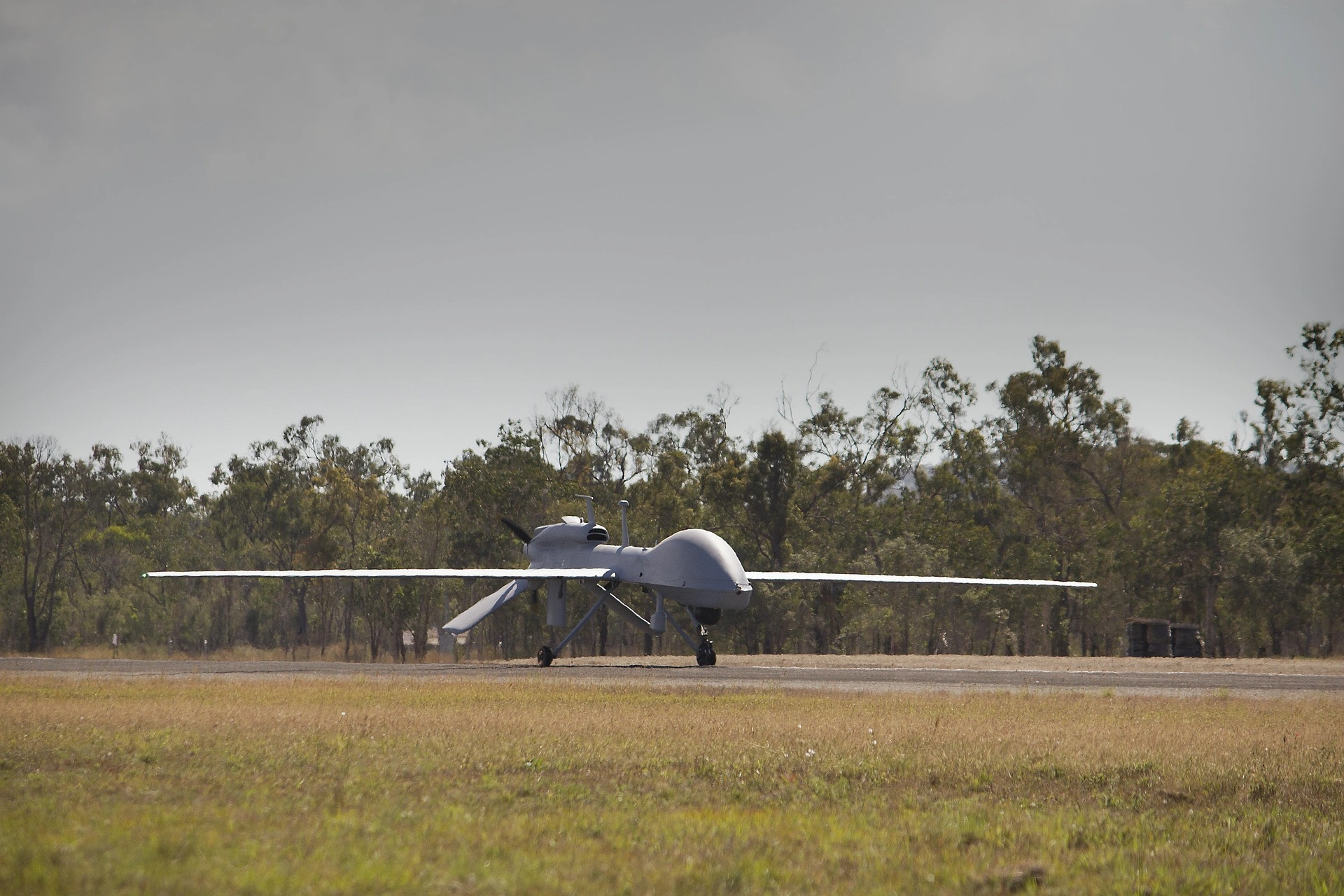UK backs satellite-AI projects to tackle climate and transport challenges

John E. Kaye
- Published
- News

Backed by £1.5m from the UK Space Agency, six projects will apply satellite data and AI to green shipping, rail and finance, create tools for biodiversity and accessibility, and support net zero while opening new markets in a space sector that already employs 56,000 people
Six UK projects using satellite technology and artificial intelligence to address climate change, transport networks and accessibility have secured £1.5m in government funding.
The funding, awarded through the UK Space Agency’s Unlocking Space for Business programme, will support innovations ranging from a carbon emissions dashboard for shipping to satellite-enabled navigation tools for visually impaired pedestrians.
Officials said the aim is to demonstrate how space data and AI can deliver practical, scalable solutions to real-world challenges, while advancing the Government’s Industrial Strategy and creating growth opportunities for the UK space sector, which already employs 56,000 people.
DSIT minister Ian Murray said: “These innovative projects showcase the transformative power of Britain’s space sector. From reducing emissions to making our streets more accessible, we’re backing the satellite technology and AI solutions that really make a difference to people’s lives.”
Among the recipients, Ether Capital will build a real-time dashboard for the shipping industry that integrates satellite tracking with AI to give financiers and operators immediate insights into vessel emissions, supporting compliance with tightening international rules. Furrer+Frey will create a satellite-powered design tool for railway electrification to cut planning times and reduce costs. MakeSense Technology will use Earth observation data to generate safe walking routes for visually impaired people, aimed at improving independence and confidence.
Other projects focus on financial services. Howden will use satellite intelligence to improve biodiversity risk assessments, while Rebalance Earth will combine AI and space data to guide investment in nature-based carbon projects. Foresight Group will develop tools to turn satellite observations into financial insights to help investors assess climate and nature-related risks.
Craig Brown, investment director at the UK Space Agency, said: “These projects show how the UK’s space sector is delivering real-world impact, using satellite data and AI to tackle climate change, decarbonise transport, and improve accessibility. By supporting innovation in sectors that haven’t traditionally used space technology, we’re unlocking new economic opportunities and helping to build a more sustainable, inclusive future.”
The Unlocking Space for Business programme has already engaged more than 350 organisations and is part of a wider initiative that generated at least £2.2bn of investment and revenue for the UK space sector in 2024–25. Officials said the six projects show how combining space data with AI can support net zero targets, make transport cleaner and more efficient, and open new markets for British companies.
READ MORE: A European satellite mission is set to transform how we track carbon emissions from space. Developed by the European Space Agency, the Copernicus CO2M mission will provide an unprecedented view of greenhouse gas emissions, caused by humans. This will help scientists, policymakers, and governments to take action in the fight against climate change. Find out how the groundbreaking technology will reshape global emissions monitoring here: Who is really cutting emissions? These satellites will tell us
Main image, courtesy Pixabay.
RECENT ARTICLES
-
 Europe’s leading defence powers launch joint drone and autonomous systems programme
Europe’s leading defence powers launch joint drone and autonomous systems programme -
 Euro-zone business activity accelerates as manufacturing returns to expansion
Euro-zone business activity accelerates as manufacturing returns to expansion -
 Deepfake celebrity ads drive new wave of investment scams
Deepfake celebrity ads drive new wave of investment scams -
 WATCH: Red Bull pilot lands plane on moving freight train in aviation first
WATCH: Red Bull pilot lands plane on moving freight train in aviation first -
 Europe eyes Australia-style social media crackdown for children
Europe eyes Australia-style social media crackdown for children -
 These European hotels have just been named Five-Star in Forbes Travel Guide’s 2026 awards
These European hotels have just been named Five-Star in Forbes Travel Guide’s 2026 awards -
 McDonald’s Valentine’s ‘McNugget Caviar’ giveaway sells out within minutes
McDonald’s Valentine’s ‘McNugget Caviar’ giveaway sells out within minutes -
 Europe opens NanoIC pilot line to design the computer chips of the 2030s
Europe opens NanoIC pilot line to design the computer chips of the 2030s -
 Zanzibar’s tourism boom ‘exposes new investment opportunities beyond hotels’
Zanzibar’s tourism boom ‘exposes new investment opportunities beyond hotels’ -
 Gen Z set to make up 34% of global workforce by 2034, new report says
Gen Z set to make up 34% of global workforce by 2034, new report says -
 The ideas and discoveries reshaping our future: Science Matters Volume 3, out now
The ideas and discoveries reshaping our future: Science Matters Volume 3, out now -
 Lasers finally unlock mystery of Charles Darwin’s specimen jars
Lasers finally unlock mystery of Charles Darwin’s specimen jars -
 Strong ESG records help firms take R&D global, study finds
Strong ESG records help firms take R&D global, study finds -
 European Commission issues new cancer prevention guidance as EU records 2.7m cases in a year
European Commission issues new cancer prevention guidance as EU records 2.7m cases in a year -
 Artemis II set to carry astronauts around the Moon for first time in 50 years
Artemis II set to carry astronauts around the Moon for first time in 50 years -
 Meet the AI-powered robot that can sort, load and run your laundry on its own
Meet the AI-powered robot that can sort, load and run your laundry on its own -
 Wingsuit skydivers blast through world’s tallest hotel at 124mph in Dubai stunt
Wingsuit skydivers blast through world’s tallest hotel at 124mph in Dubai stunt -
 Centrum Air to launch first European route with Tashkent–Frankfurt flights
Centrum Air to launch first European route with Tashkent–Frankfurt flights -
 UK organisations still falling short on GDPR compliance, benchmark report finds
UK organisations still falling short on GDPR compliance, benchmark report finds -
 Stanley Johnson appears on Ugandan national television during visit highlighting wildlife and conservation ties
Stanley Johnson appears on Ugandan national television during visit highlighting wildlife and conservation ties -
 Anniversary marks first civilian voyage to Antarctica 60 years ago
Anniversary marks first civilian voyage to Antarctica 60 years ago -
 Etihad ranked world’s safest airline for 2026
Etihad ranked world’s safest airline for 2026 -
 Read it here: Asset Management Matters — new supplement out now
Read it here: Asset Management Matters — new supplement out now -
 Breakthroughs that change how we understand health, biology and risk: the new Science Matters supplement is out now
Breakthroughs that change how we understand health, biology and risk: the new Science Matters supplement is out now -
 The new Residence & Citizenship Planning supplement: out now
The new Residence & Citizenship Planning supplement: out now



























